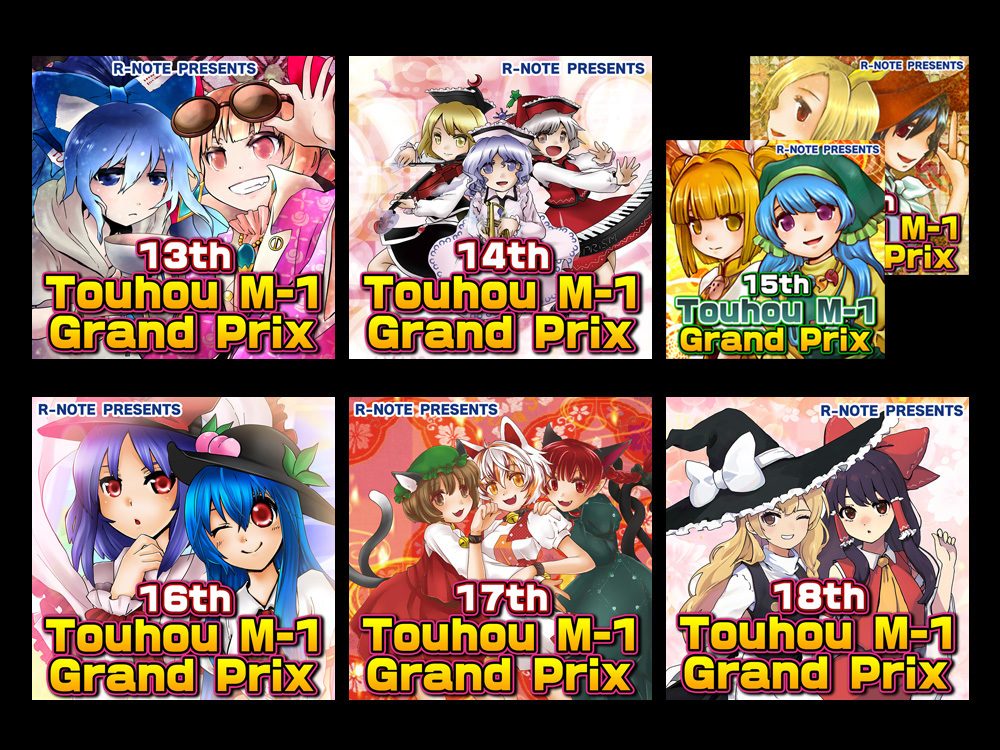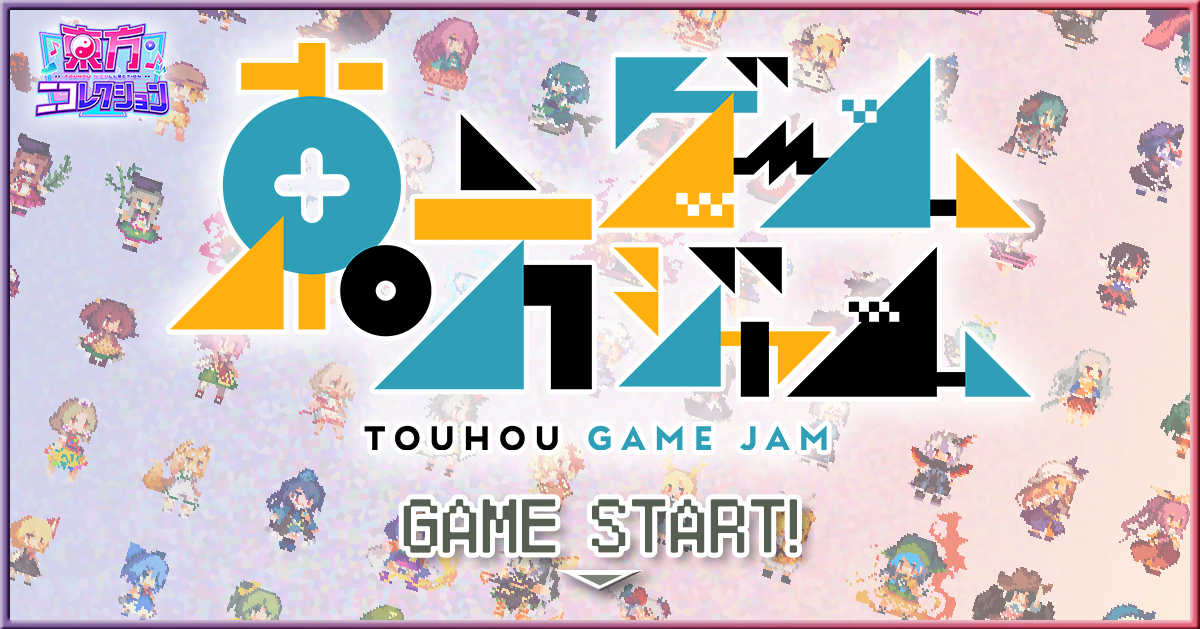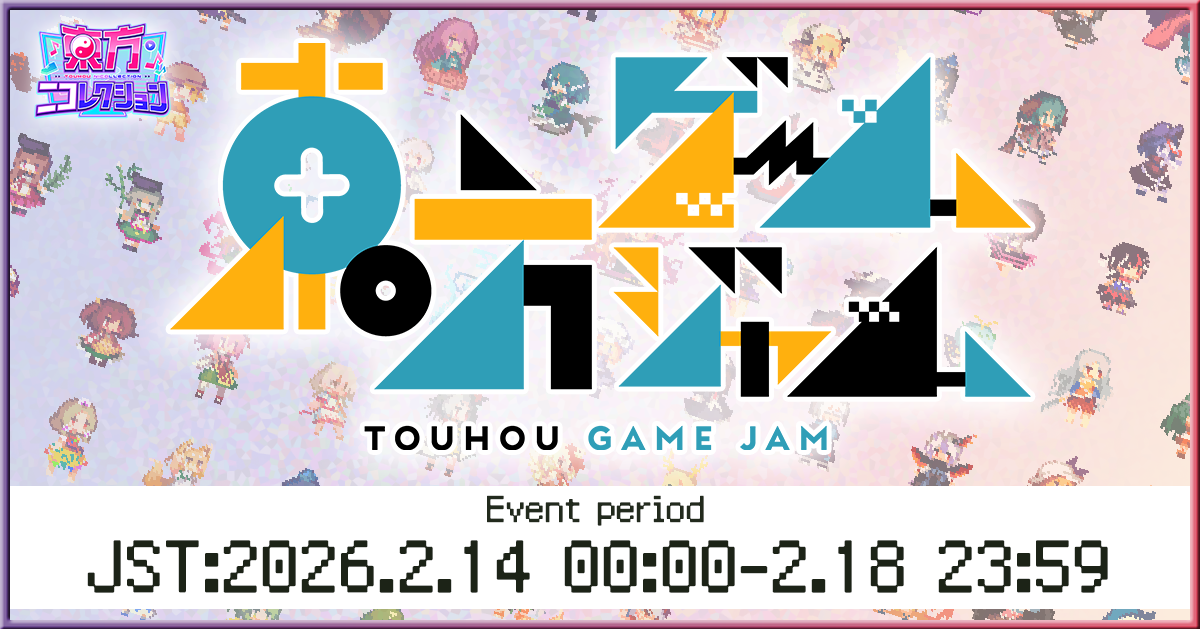ZUN Is On the Job! After Securing Employment in Taito, He Went On to Finish the Game that He Thought It Would Be His Last!
[Part 3]
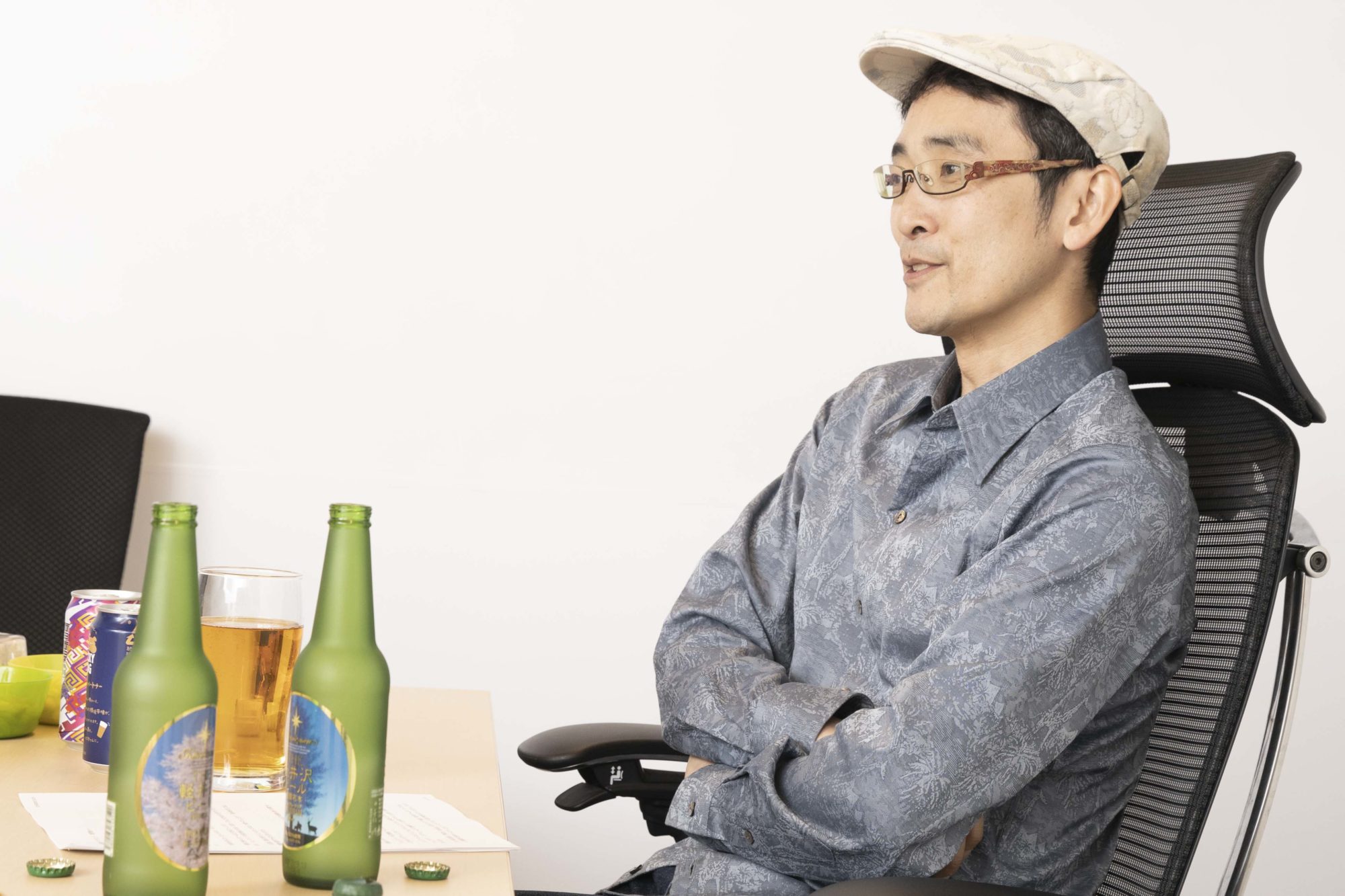
How Mystic Square Decided ZUN's Path
University is not just about good grades. What were your thoughts when it was time to look for employment?
ZUN:
I never bothered studying hard for the entrance exams and I didn’t take classes seriously either. Instead, I just did things I wanted to do. But I couldn’t shirk the responsibility of finding my own employment, so I had to finally put in the effort. Unfortunately, I wasn’t able to come up with more than three companies for my application.
Which companies did you choose to apply for?
ZUN:
I picked Taito, Atlus, and CRI. Taito was the only one which accepted me and I was happy to land it, since this was in the middle of the Employment Ice Age (TL Note: The Japanese economy was in a bubble era and when it burst, it created a so-called lost generation of young people who weren’t able to find employment). Taito after all received around 10,000 applications, and only 5 of them made the cut.
Woah, that’s a close shave!
ZUN:
That’s true, but I was always making games during my four years at uni and I figured submitting my previous works would boost my chances.
In December 1998, did you consider the last PC-98 Touhou, Touhou Kaikidan ~ Mystic Square*, to be the culmination of everything you’ve done during university?
*Touhou Kaikidan ~ Mystic Square
Sold in Comiket in December 1998, this PC-9801 shoot em’ up was the fifth Touhou Project series and the last PC-98 game. Besides having the usual Reimu and Marisa as playable characters, final bosses of previous games Mima and Yuuka are available as well. The title is considered as a selection of the greatest hits, especially if one includes the ability to listen to all the music tracks from the previous four Touhou games.
ZUN:
I thought this would be the last game I’d make by myself. I’d graduated from my student days, so I’d better get serious and make games for a real studio.
How popular was Mystic Square?
ZUN:
Quite popular. It appeared in the software section in Game Labo* magazine and that brought people to check the game out. And since I appeared in Comiket for the fourth time in a row, I had regular customers too.
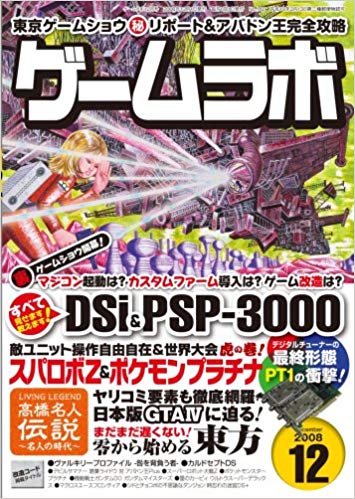
Where were you seated in Comiket?
ZUN:
For Mystic Square, I got the so-called birthday seat*.
The PC-98 era was really something special. I really enjoyed programming in particular. I chose to be a programmer just because it’s what I had the most fun with. Programming makes me feel like I’m in total control of the computer and I’ve always enjoyed that.
Speaking of which, hiroyuki hasn’t arrived yet. Is he okay?
*Birthday Seats
In doujin market spaces like Comiket and Reitaisai, the table arrangements are divided into long aisles described as “islands”. Popular doujin circles that attract crowds are placed on each end of the “island” in order to get customers passing through the main passageways. Such seats are called birthday seats. Incidentally, circles that are even more popular would be placed outside the “islands” and near the walls.
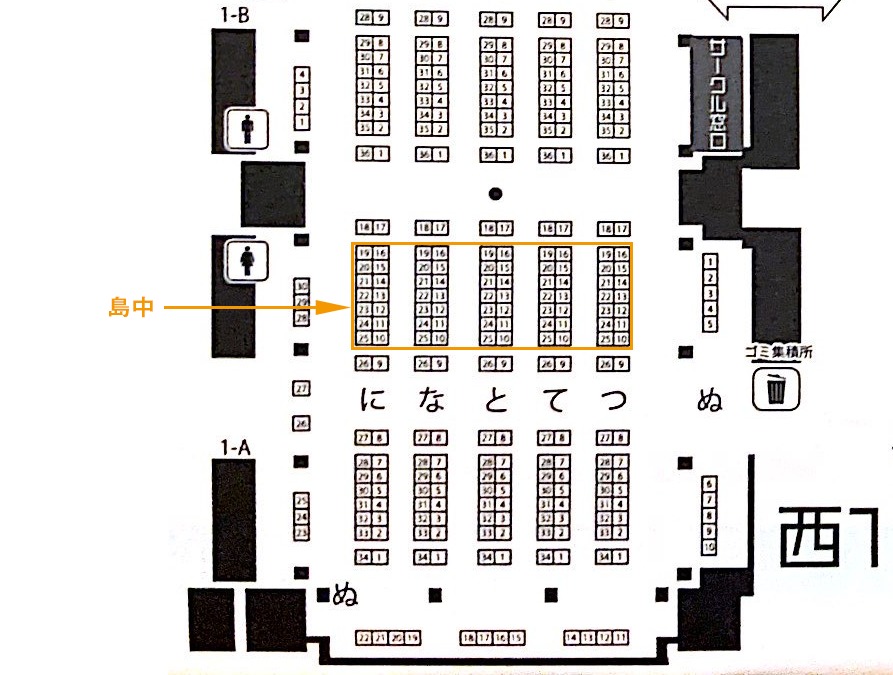
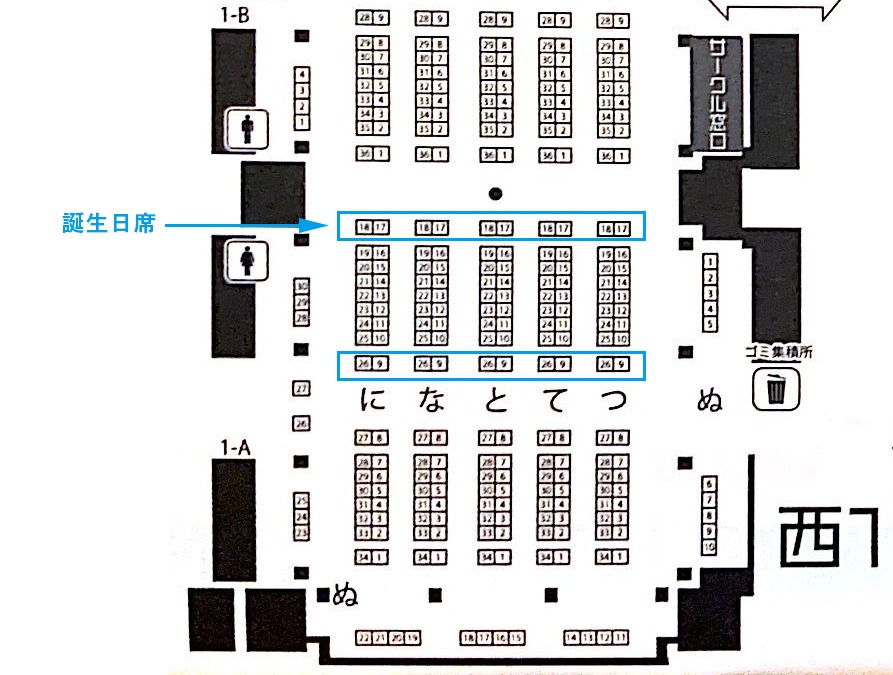
We just received a message from hiroyuki who said “Ehe, I’m heading soon.” That’s not the place for ehe-s!
How ZUN Met Music
We haven’t actually brought up music in our interview so far, so when did you gain an interest in music?
ZUN:
I’ve always enjoyed music since I was young. I would always play the organ that’s in my home. Later, I would try out any instruments that were in the music room without permission and I would get scolded by my teachers, heh.
Were you just improvising or did you make use of sheet music?
ZUN:
The latter. I begged my parents to buy me sheet music and they bought me Soujirou’s Daikouga*.
*Soujirou
Born in 1954 at Gunma Prefecture, this composer is famous for using his handcrafted ocarina to perform original tracks and covers of famous music. In 1986, he was featured as the composer of a NHK documentary special titled “Daikouga”. He instantly became popular and would later work in film music composition.
For a kid, that is quite the sophisticated music choice. Why Soujirou?
ZUN:
Because my parents bought it, haha. That said, are you aware of a musician named Kitarou*? In his later years, he would live in the mountains, specifically Yasaka in Nagano. That’s actually my mom’s hometown.
*Kitarou
Born in Aichi Prefecture in 1953, he performed with a synthesizer during the peak years for synth instruments around 1970. In 1980, his theme song for the NHK documentary special “Silk Road” became a large hit and he was a key figure in spreading synthesized music in Japan. He also won a Grammy for his 2001 album “Thinking of you”. He had been composing music in what was then Yasaka and now Oomachi in the Nagano Prefecture for around ten years at that time.
We had no idea!
ZUN:
Thanks to that coincidence, I got to listen to a lot of Kitarou’s music as a child. Besides him and Soujirou, I’ve always loved the many composers who take traditional Japanese music and modernized it with synthesizers. I also loved Himemaki*. They have definitely influenced my taste in music.
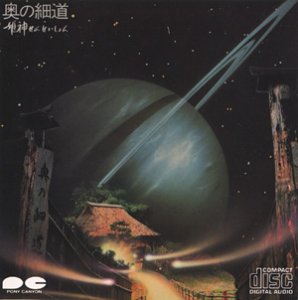
What about jazz or pop music?
ZUN:
Never listened to either. When I entered university, I did put in some effort and ended up liking jazz though. I would check out some jazz bars once in a while.
Did you play any instruments during university?
ZUN:
Not at all, but I did play in the brass band club back in middle school and even performed there.
What instrument did you play there?
ZUN:
The trumpet.
That must’ve been the ZUNpet’s* ancestor, heh.
*ZUNpet
A nickname for the distinctive trumpet melody and tone used by ZUN in many of his songs, the ZUNpet has also been used by Toby Fox (creator of Undertale) to pay homage to his tracks.
ZUN:
The trumpet’s always been adored in brass bands, after all. Whoever gets to play it is always the star of the show.
To be continued in Part 4…
Interviewer: Saitou Daichi
Writer: Seinosuke Itou
Photographer: Fukuoka Ryouji (GEKKO)
Translator: Kastel
Editor: Nimrod
ZUN Is On the Job! After Securing Employment in Taito, He Went On to Finish the Game that He Thought It Would Be His Last! End


